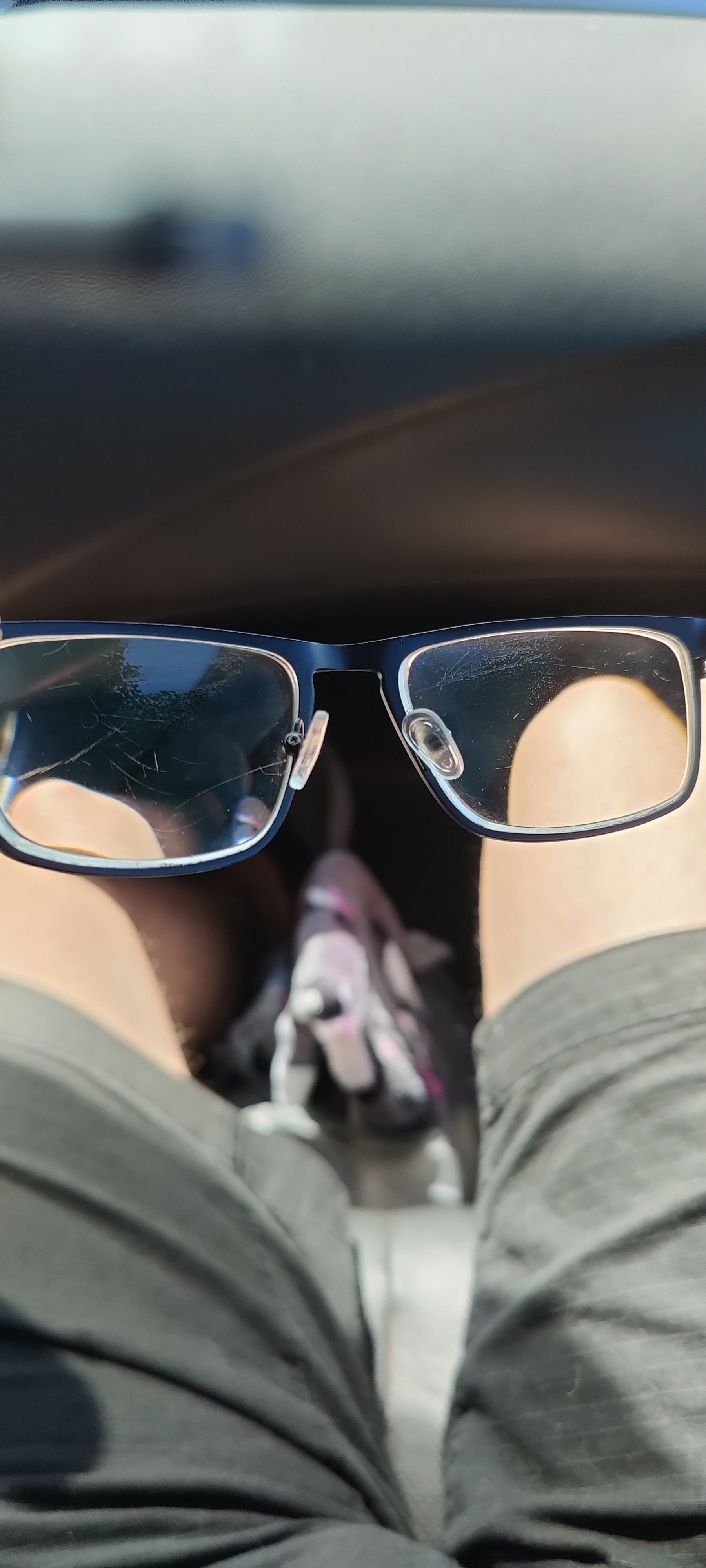this post was submitted on 11 Aug 2024
162 points (98.8% liked)
Asklemmy
44308 readers
1691 users here now
A loosely moderated place to ask open-ended questions
If your post meets the following criteria, it's welcome here!
- Open-ended question
- Not offensive: at this point, we do not have the bandwidth to moderate overtly political discussions. Assume best intent and be excellent to each other.
- Not regarding using or support for Lemmy: context, see the list of support communities and tools for finding communities below
- Not ad nauseam inducing: please make sure it is a question that would be new to most members
- An actual topic of discussion
Looking for support?
Looking for a community?
- Lemmyverse: community search
- sub.rehab: maps old subreddits to fediverse options, marks official as such
- !lemmy411@lemmy.ca: a community for finding communities
~Icon~ ~by~ ~@Double_A@discuss.tchncs.de~
founded 5 years ago
MODERATORS
you are viewing a single comment's thread
view the rest of the comments
view the rest of the comments

If it is anything like the polycarbonate lenses on cars, it will take extremely tedious polishing, and then you'll have continuous issues with yellowing because polycarbonate is not UV stable.
With my auto body shop, I sanded the lenses to 2000 grit and used a polyurethane clearcoat. However, typical automotive clearcoats are not optically perfect. It does not matter with an automotive headlamp, and 99.9% of people will never see the optical properties unless I pointed them out specifically. That said, coatings like automotive clearcoats are designed to adhere to very specific types of substrates. What I was doing was WAY outside of the intended use. I doubt any of the lenses I clearcoated lasted more than 3-5 years as a result.
The PITA part of clearing lenses like I was doing with headlights is that ALL of the old coating must be removed first. If I didn't sand off every last bit of that coating, it was very noticeable in the final outcome. I had some tricks, but it is not possible to use course grades of sandpaper that would make fast work of it situation but require a primer to level in a typical body shop situation. This meant I had to start with 1k grit. That takes FOREVER to sand through a coating like what headlamps have.
Sanding anything like this is not compatible with optical precision lenses. I have also played with telescopes and building my own eyepieces while also dreaming about grinding my own mirror for a large dob. Optical precision in lenses is OP insane levels. I don't have the vocabulary to express just how tiny the difference is between good, okay, and absolute trash in optics.
Combining my experiences in these areas, there is absolutely no chance that you'll be able to polish or abrade then polish an optical lens and yield an acceptable outcome. No matter what you try, the coating will abrade/polish at a different rate than the exposed sections of the underlying polycarbonate lens. This will always result in an uneven surface at optical quality kinds of levels. You would need a sanding block capable of matching the contour of the lens perfectly so as to only abrade away the coating section before contacting the lens.
While clearing headlamps, I had one of two tricks. If all I was doing is shooting the lenses, I would mix my clear without any additional reducer (special solvent) and with a fast catalyst. This required special gun settings and higher pressures to avoid orange peal textures. If I was mixing clear for other panel work, I had to do a few misting passes with clear in between my other panel work. The thin misted coating limits the exposure of the underlying polycarbonate to the solvent present in the clear. If I did a regular wet pass like I would with a panel, the lens would react to the solvent and looked like a shattered windshield.
I don't know of anyone else that has ever clearcoated headlamps like this. While my work may not have lasted as long as a typical clear, it was a far better solution than polishing, which reoxidizes within a few weeks and worse with the increased exposed surface area after each polishing. For higher end cars, dealers would just pay me to install reproduction headlamps from LKQ, as these will last like the originals or better.
Those are the basics of what I know. I shared as an abstract way to help you understand the scope of what I know, and what you should expect based on this tangentially related expertise. I do not believe you can be successful at removing that coating. In automotive paint, it is not possible to just remove a clearcoat from any surface chemically without impacting the deeper substrate.
Wow, great info, lots of detail. I'd enjoy watching you work!